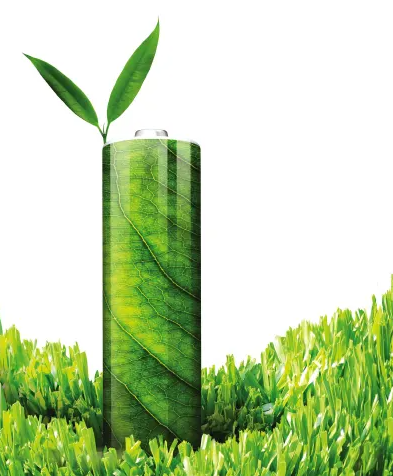In this modern era, lithium batteries have become an important part of our daily lives. They are used in a variety of electronic devices, from smartphones to electric cars. However, the increasing need for lithium batteries has also led to an increase in the amount of battery waste generated. This poses a serious environmental problem because lithium batteries contain dangerous chemicals that can pollute the environment if not treated properly. To overcome this problem, the practice of recycling lithium batteries becomes very important. In this article, we will explore the importance of recycling lithium batteries and how this can be an environmentally friendly solution for a brighter future.
The Importance of Recycling Lithium Batteries
1. Reduce Environmental Impact
One of the main reasons why recycling lithium batteries is so important is to reduce the negative environmental impact that results from poorly managed battery waste disposal. Lithium batteries contain dangerous chemicals such as lead, mercury and cadmium. If these batteries are disposed of carelessly, they can pollute water and soil, and endanger the health of humans and other living creatures. By recycling lithium batteries, we can ensure that these dangerous chemicals do not pollute the environment.
2. Conservation of Natural Resources
Recycling lithium batteries also has the benefit of conserving valuable natural resources. Lithium batteries are made from rare metals such as lithium, cobalt and nickel. This resource is non-renewable and increasingly difficult to find in nature. By recycling lithium batteries, we can reuse this rare metal and reduce our dependence on new mining. This helps ensure the continued supply of natural resources critical to the electronics industry of the future.
Lithium Battery Recycling Process
1. Collection
The process of recycling lithium batteries begins with the collection of used batteries. This can be done through used battery collection programs at recycling centers, electronics stores, or battery manufacturers. It is important to ensure that used batteries are collected safely and do not harm the environment.
2. Separation
Once used batteries are collected, they must be separated by type. Lithium batteries can be made in various shapes and sizes, including simple batteries, cell phone batteries, and electric vehicle batteries. This separation process is important because batteries of different sizes and compositions require different treatment in the recycling process.
3. Material Processing and Recovery
Once lithium batteries are separated, they must be processed to recover valuable materials such as lithium, cobalt and nickel. This processing process involves the physical destruction of the battery and the separation of these materials through various methods, including the use of chemical solutions and electrochemical processes. The recovered material can be reused in making new batteries or other products that require rare metals.
4. Waste Management
During the recycling process, there is also waste produced. It is important to ensure that this waste is managed properly to avoid negative impacts on the environment. Waste from the process of recycling lithium batteries often contains hazardous chemicals and must be treated carefully.
Conclusion
Recycling lithium batteries is an environmentally friendly solution for a brighter future. By recycling lithium batteries, we can reduce negative environmental impacts and conserve valuable natural resources. The process of recycling lithium batteries involves collection of used batteries, separation, processing and recovery of materials, and careful waste management. In the face of increasingly complex environmental challenges, it is important that we implement recycling practices more widely so that we can create a sustainable and brighter future.

